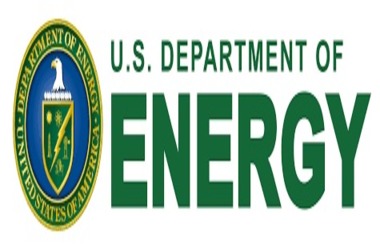
The $1 million research program will be undertaken with Taekion, formerly Grid7, based in Colorado. It will concentrate on researching how blockchain technologies are used to safeguard a power plant — preserving a distributed ledger for all dealings between sensors, actuators and devices.
In addition, according to the press release, the project aims to “enable secure energy transactions to protect process data at power generation facilities as well as increase grid reliability and integrate a more decentralized energy infrastructure.”
Taekion is currently exploring how the innovation can be employed in appropriate initiatives in power stations.
The press release further states “Accurate information on the status of power plant operations is critical for electric grid security. For example, one method of cyberattack involves compromising a system so that it appears operational when it has actually been shut down by the hackers, leaving millions without power […]”
Underlining the significance of accurate data on the standing of electricity grid operations, NETL has stated that programs in the NETL administered venture “have the potential to counter such attacks by preventing hackers from changing operational information.”
Sponsored under DOE’s Small Business Innovation Research (SBIR) program, the NETL-led Taekion endeavor is cornerstone of its Office of Fossil Energy Sensors and Controls initiative. Grid7 was one of the 95 subsidies that were selected last July by the DOE for the second stage of the SBIR program.
In early 2019, federal funding to the tune of $4.8 million to assist R&D programs in universities, such as those centered on budding technologies such as Blockchain, was unveiled by the DOE’s Office of Fossil Energy (FE). The possible role of Blockchain in the power industry is presently the emphasis of several international schemes. These include rollout in new sectors, such as balance of supply and demand, cost savings and agreements.
Russia’s national energy giant Gazprom declared last week that it is going to employ blockchain in its natural gas contracts.